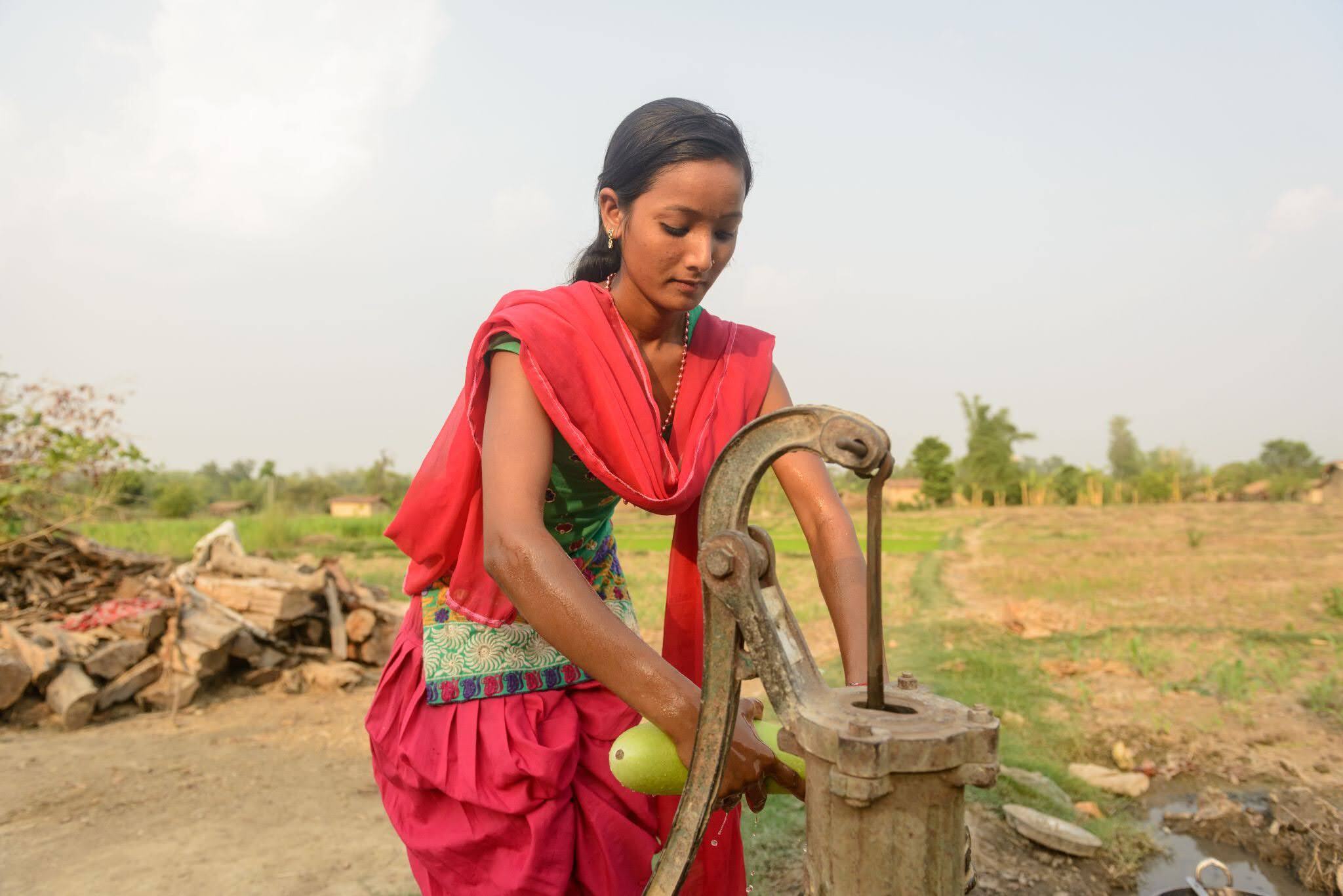
Summary
- The Crypto Council for Innovation partnered with Mercy Corps Ventures to document a series of pilot projects, using its global research perspective to examine the real-world impacts and implications for scaling such solutions.
- The Atlantis DAO project developed a decentralized peer-to-peer water network using a blockchain-based token system to incentivize community participation in water management.
- The initiative created over 440 new informal jobs, with 30% held by women, promoting gender equality in the community.
- Engaging 3,859 individuals over an 11-month period, local economies were stimulated as a result of the improved water conditions and employment opportunities.
- Read the full report.
Understanding the real-world impacts of emerging technology is critical to ensure that the benefits of these technologies are evenly distributed and that responsible policy and industry practices can be formed. Mercy Corps Ventures’ Crypto for Good Fund and the Crypto Council for Innovation partnered to create evidence-based reports on a series of Web3 pilot projects in emerging economies. These reports showcase the pilots’ impact after deployment and seek to understand the economic, social, and environmental effects at the individual and community level.
Atlantis DAO Water System Management Initiative
The Atlantis DAO project deployed a pilot project in rural India that developed a decentralized peer-to-peer water network. This network is designed to serve underserved communities, providing them with consistent access to clean water. The technology underpinning this project used a blockchain-based token system to incentivize and compensate community members for their participation in water collection, testing, and distribution.
The pilot introduced a mobile app that was gamified to engage users effectively. The app’s interface and functionality were designed to feel familiar to rural smartphone users, simplifying the complexities involved in managing water resources through traditional means. Its marketplace provided a single location to coordinate and compensate users for the assessment, production, and distribution of clean water.
With this platform, users could accept challenges related to clean water production, buy clean water, water filtration and testing devices, and sell clean water that had been validated through the app’s ecosystem. The use of blockchain tokens and crypto tokens facilitated the coordination of transactions and interactions across a complex web of actors; incentivized behavior with on-chain tokenomics, compensating participants for performing water production behaviors such as collecting, testing, or distribution; streamlined administration and coordination with automated smart contract functionality; and improved security and transparency through an auditable blockchain-based ledger.
As the report finds, over an 11-month period, this pilot engaged 3,859 individuals and served a population of approximately 45,000. Through on the ground interviews and online surveys, users of the app reported that Atlantis DAO initiative not only improved water conditions but also stimulated local economies. Atlantis DAO has created over 440 new informal jobs, 30% of which were held by women, promoting gender equality in employment within the community.
Mercy Corps Ventures and CCI is committed to amplifying these solutions and documenting their effectiveness in fostering significant positive impacts. As the journey with Web3 continues to unfold, we are enthusiastic about expanding their collaboration with startups and organizations worldwide.
Learn more about other humanitarian case studies in our Impact Base:

























